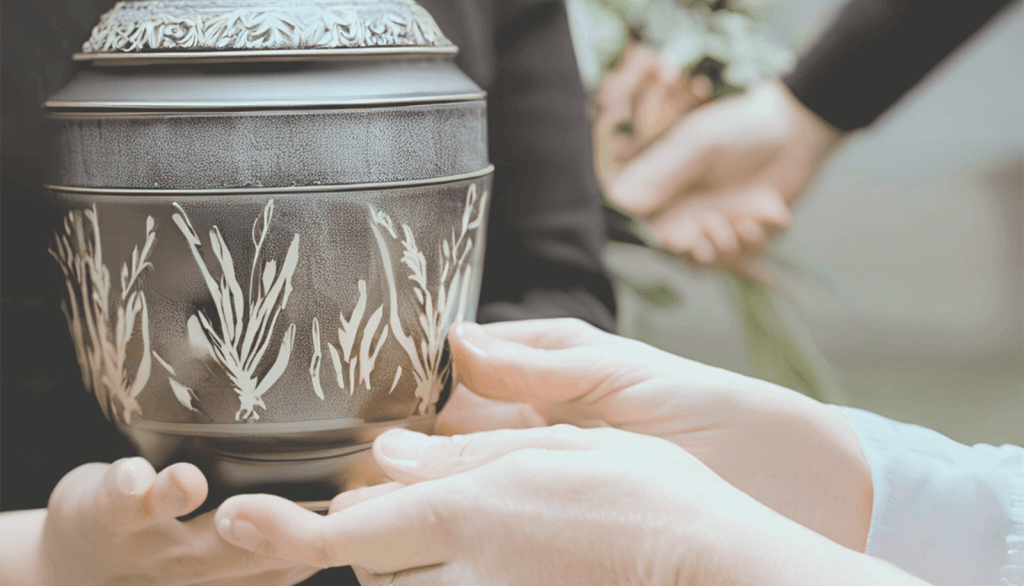Why Draft Your Last Wishes?

Provide Peace of Mind
Drafting your last wishes allows you to clarify your desires, which can be a source of peace of mind. Knowing that your intentions are clear, you can face the future with less apprehension.
Avoid Family Conflicts
Decisions related to end-of-life and inheritance can lead to family tensions. By specifying your wishes, you reduce the risk of disagreements and misunderstandings.
Respect your Beliefs
Writing your last wishes is also an opportunity to express your personal beliefs, whether religious, spiritual, or ethical. This ensures that your choices are respected, even after your passing.

What Should Your Last Wishes Include?
Personal Identification
Begin by clearly stating your personal information:
- Full Name;
- Date of Birth;
- Address;
- Phone Number.
This ensures the document is properly associated with your identity.
Designation of an Agent
It is wise to designate a trusted person as your agent. This person will be responsible for ensuring that
Funeral Wishes
Your wishes regarding your funeral must be explicitly detailed. Here are some elements to consider:
Type of Ceremony
Specify the type of ceremony you desire, whether religious, secular, or personalized. You may also include preferences for music, readings, or speeches.
Location of the Ceremony
Indicate if you wish the ceremony to take place in a specific location, such as a church, a reception hall, or at home.
Burial or Cremation
Decide if you prefer to be buried or cremated. If you opt for cremation, consider the destination of your ashes (urn, scattering, etc.).
Urn or Casket
If you choose cremation, consider the urn you desire, whether it’s a classic, biodegradable, or personalized urn. If you opt for burial, mention the type of casket.
Will
A will guarantees your wishes, protects your loved ones, and avoids legal conflicts. Consult a notary or a lawyer specializing in inheritance law for professional advice. They will guide you on the provisions related to the following elements:
Disposition of Assets
It is important to indicate how you wish your assets to be distributed.
Designated Heirs
Naming the individuals who will inherit your assets is essential. This includes family members, friends, or charitable organizations.
Specific Assets
List valuable or sentimental assets and indicate to whom they should be attributed. This may include properties, vehicles, jewelry, or items with sentimental value.
Financial Provisions
Specify how you wish your debts to be settled and who will be responsible for managing your accounts after your passing. This may include directives on the payment of funeral expenses.
Medical Considerations
If you have preferences regarding your end-of-life healthcare, state them clearly. This may include:
Advance Directives
Advance directives allow you to specify your wishes regarding medical treatments you wish or do not wish to receive if you are unable to express your will.
Resuscitation
Specify if you wish to be resuscitated in the event of cardiac arrest or if you prefer not to receive resuscitation.
Palliative Care
Mention your wishes related to palliative care, including pain management and comfort.
Take this Opportunity to Draft your Protection Mandate
(Mandate of Incapacity)
A mandate of incapacity is a legal document allowing an individual (the mandator) to designate in advance a representative (the mandatary) to manage their personal, financial, or medical affairs in the event of incapacity. This mandate, often notarized, guarantees protection and management in accordance with the mandator’s wishes.
How to Draft Your Last Wishes?

Choose the Right Time
Take the time to reflect on your wishes and choose a moment when you feel calm and focused. Avoid drafting this document under emotional duress.
Use Clear and Precise Language
Avoid ambiguities by using simple and clear language. Your loved ones must easily understand your wishes to be able to respect them.
Consult a Professional
It may be wise to consult a notary or a lawyer specializing in inheritance law to ensure that your wishes comply with the law. This will also allow you to address legal aspects that you might overlook.
To find a notary, consult the website of the Chambre des notaires du Québec

Preserving and Communicating Your Last Wishes
Where to Keep your Wishes?
Once drafted, ensure that your last wishes are stored in a safe place, such as a safe deposit box or a notary’s file. Ensure that this document is easily accessible when needed.
Inform your Loved Ones
Inform your loved ones where this document is located and discuss your wishes with them. This will help them prepare and understand your intentions.
Emotional Considerations
Facing your Emotions
Writing your last wishes can evoke intense emotions. It is normal to feel sadness, anxiety, or even peace. Take the time to process these emotions.
Discuss with your Loved Ones
Opening the conversation about your last wishes with your loved ones can be difficult, but it can also strengthen bonds. This allows you to share your thoughts on life, death, and legacy.
The Role of Support
Psychological Support
If the topic of last wishes weighs heavily on you, consider consulting a mental health professional. This can help you clarify your thoughts and better manage your emotions.
Spiritual Support
If you hold spiritual or religious beliefs, a spiritual advisor or a member of your religious community can help you explore your wishes and find comfort.
Conclusion
Drafting your last wishes is an act of foresight and love towards your loved ones. It allows them to better understand your wishes and act accordingly during a difficult time. By taking the time to reflect and record your wishes, you create a legacy of peace and serenity. This process may seem intimidating, but it is essential to ensure that your voice is heard even after your passing.
Take the time to formulate your last wishes with care and reflection. This document is not only a means of organizing the end of your life but also a way to celebrate your existence and honor the bonds you have forged with your loved ones. Ultimately, it is an act of compassion, both for yourself and for those you leave behind.






